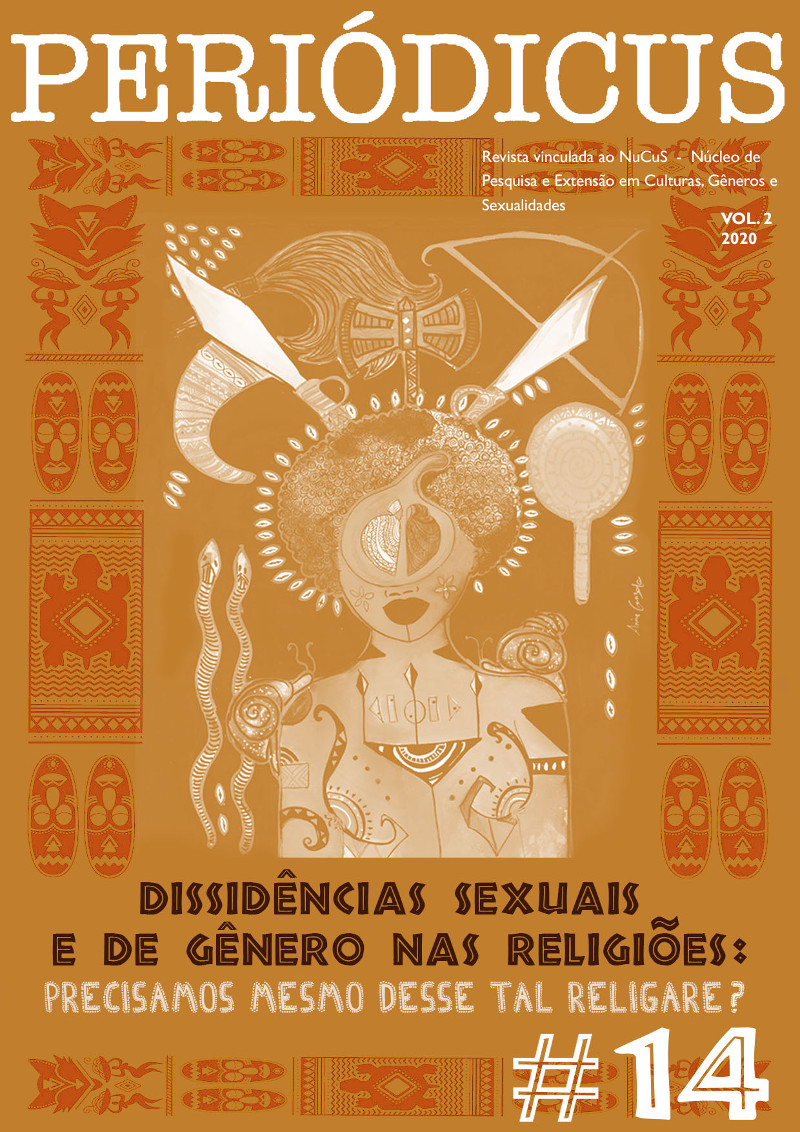Gender and sexuality in the context of the countryside school: limits and possibilities
DOI:
https://doi.org/10.9771/peri.v2i14.30420Abstract
This study approaches the themes of gender and sexuality as dimensions of human development in the schoolcontext. Based on empirical research in a settlement school in Agrarian Reform area in the state of Paraná, it examined
how the issues of gender and sexuality are understood and taught as dimensions of human development in an emancipatory
perspective of an omnilateral education, in the context of the Countryside Education. Grounded on the narratives of
secondary school students, teachers, the pedagogical team and head teachers of the school, raised in the research space by
means of participant observation, interviews and discussion groups, along with the contributions of gender and sexuality studies in education and, in the specificity of the countryside, the study shows boundaries, but also opportunities for
change. Prejudice, sexism and homophobia remaining in the culture of society and the lack of teacher training become the
main obstacles for gender and sexuality to be intentionally included in the school curriculum. This situation exacerbates in
exception regimes. On the other hand, the inclusion of the school and its subjects in a counter-hegemonic struggle, gives
visibility to an emancipatory education.
Downloads
Downloads
Published
How to Cite
Issue
Section
License
Copyright (c) 2021 Revista Periódicus

This work is licensed under a Creative Commons Attribution-NonCommercial 4.0 International License.
Autores que publicam nesta revista concordam com os seguintes termos:
Autores mantêm os direitos autorais e concedem à revista o direito de primeira publicação, com o trabalho simultaneamente licenciado sob Licença Creative Commons Attribution Noncommercial que permite o compartilhamento do trabalho com reconhecimento da autoria e publicação inicial nesta revista, sendo vedado o uso com fins comerciais.
Autores têm autorização para assumir contratos adicionais separadamente, para distribuição não-exclusiva da versão do trabalho publicada nesta revista (ex.: publicar em repositório institucional ou como capítulo de livro), com reconhecimento de autoria e publicação inicial nesta revista.
Autores têm permissão e são estimulados a publicar e distribuir seu trabalho online (ex.: em repositórios institucionais ou na sua página pessoal) a qualquer ponto antes ou durante o processo editorial, já que isso pode gerar alterações produtivas, bem como aumentar o impacto e a citação do trabalho publicado (Veja O Efeito do Acesso Livre).







